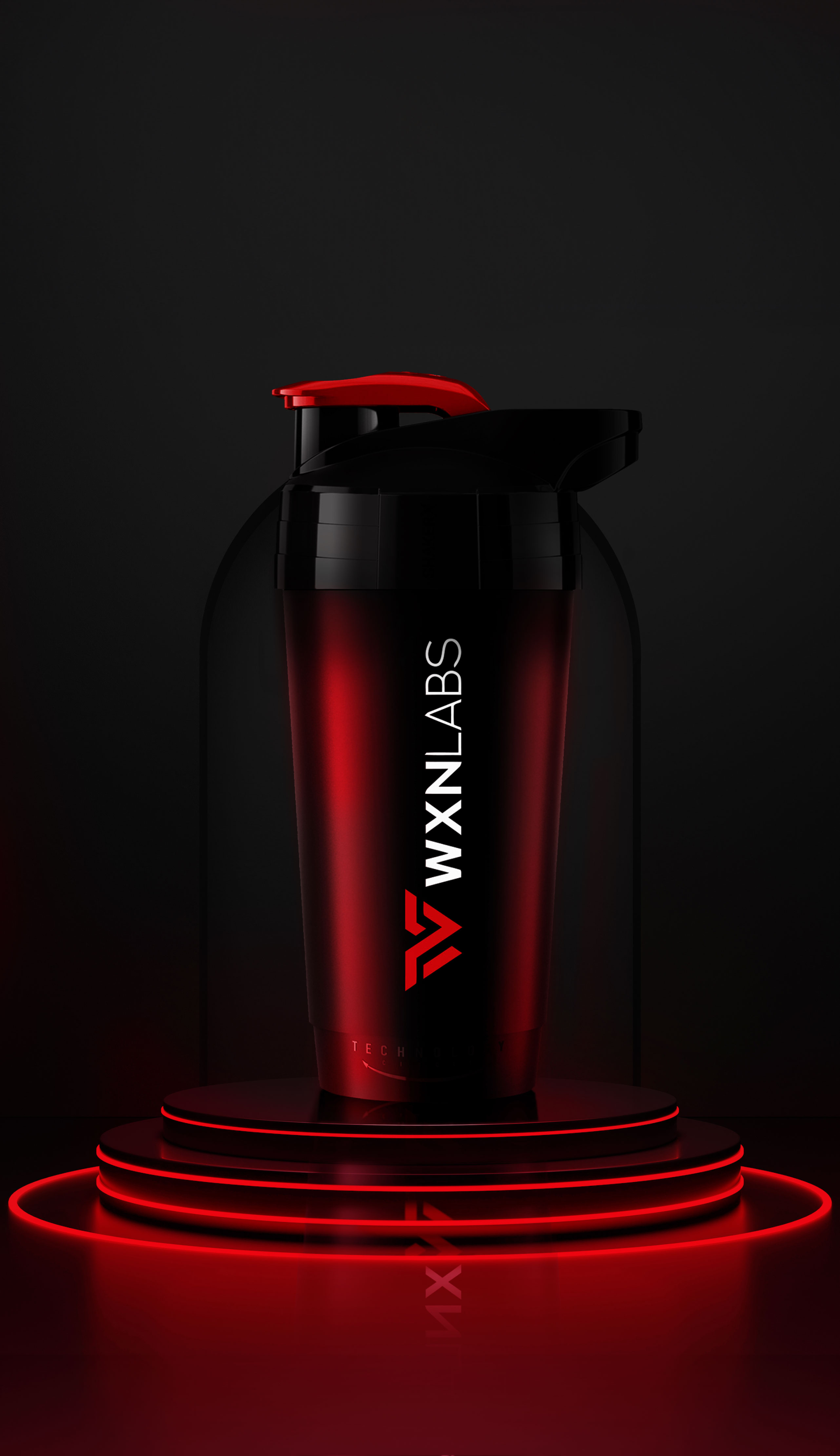Spis treści:
Sports supplementation is a relatively broad field. There are many very different substances available on the market that improve the performance of the body, support the building of muscle mass or facilitate the recovery process. One of the products is creatine. Have you made a decision to start an intensive process of building muscle mass? This substance will certainly be useful. Its advantage is, first of all, a high safety threshold – what’s more, it is used not only during sports activities, but also in medicine. What is creatine and how does it support the body in training?
Support for the body – creatine supplementation
Creatine is a compound produced naturally in the liver and is formed from a combination of methionine, arginine and glycine. It is needed by muscles, because it is through creatine that their cells bring about the formation and storage of compounds that have a high energy content. Creatine reacts with phosphates to give phosphocreatine, and they in turn affect the amount of ATP production – the energy carrier. It is essential in the process of supplying energy to muscles, especially in the case of high-intensity training.
Athletes, especially bodybuilders, pay a lot of attention to the use of muscle mass building aids, but they also pay attention to the effect of supporting muscle endurance, as well as improving body performance during activity. It is the more intensive and longer training that makes it possible to see training results faster. Creatine in synthetic form works in the same way as this substance is naturally produced in the body. However, in the case of a heavy workout, energy reserves may not be enough. Providing creatine in the form of meals, i.e. by eating meat or fish, will not make up for the deficiency sufficiently. For this purpose, a creatine supplement is used, which:
- Helps carry out protein synthesis in the muscles,
- Regulates ATP levels,
- participates in the breakdown of carbohydrates in the muscle mass, thus accumulating energy reserves during activity.
The advantages of the above processes occurring as a result of increased creatine in the body include:
- muscle expansion,
- Increasing the condition of the body,
- faster recovery even after intense training,
- increase in muscular body mass,
- improving muscle strength.
Creatine – not just for athletes
As mentioned, in addition to supporting workouts, creatine is also used in medicine, among other things. to improve cognitive function. In this case, the importance of creatine supplementation will be particularly appreciated by vegans and vegetarians, who, as a result of the lack of meat in their diets, have much less access to the naturally occurring variety of this substance. That’s why people who don’t eat meat can more visibly feel the effect of creatine supplementation on improving the body’s cognitive functions.
Creatine is also used to improve mental well-being – among other things. in the treatment of unipolar depression. In addition, studies have shown that it can improve the skeletal system, increasing the mineral density of bones and therefore making them stronger. These are just a few of the benefits that improve the overall condition of the body, but it is worth noting that these are also elements that have an important impact on the effectiveness of the training plan. In order to perform it properly, efficiently and correctly, it is necessary to have a good overall condition of the body – both mentally and physically.
Dosage and side effects
Any nutrient, supplement or drug, although they have been studied and are widely used, can cause side effects. This is a completely individual matter – it happens that the body will not register side effects, at other times, unfortunately, they will appear. Taking creatine can cause:
- muscle spasms,
- Dehydration of the body,
- Kidney, liver or digestive system problems,
- weight gain.
However, based on many studies and in the opinion of specialists, creatine is considered a safe supplement in its category. So how should it be dosed?
According to the recommendations, an effective increase of creatine in the body can be achieved when using 0.3 grams of the substance per kilogram of body weight. This amount applies to daily supplementation. The whole-day dose should be divided into smaller portions (usually four). When muscle saturation with the substance occurs, then the dose should be reduced, but still used to maintain creatine levels in the body. Of course, dosage is an individual matter and depends largely on the purpose of using creatine.








